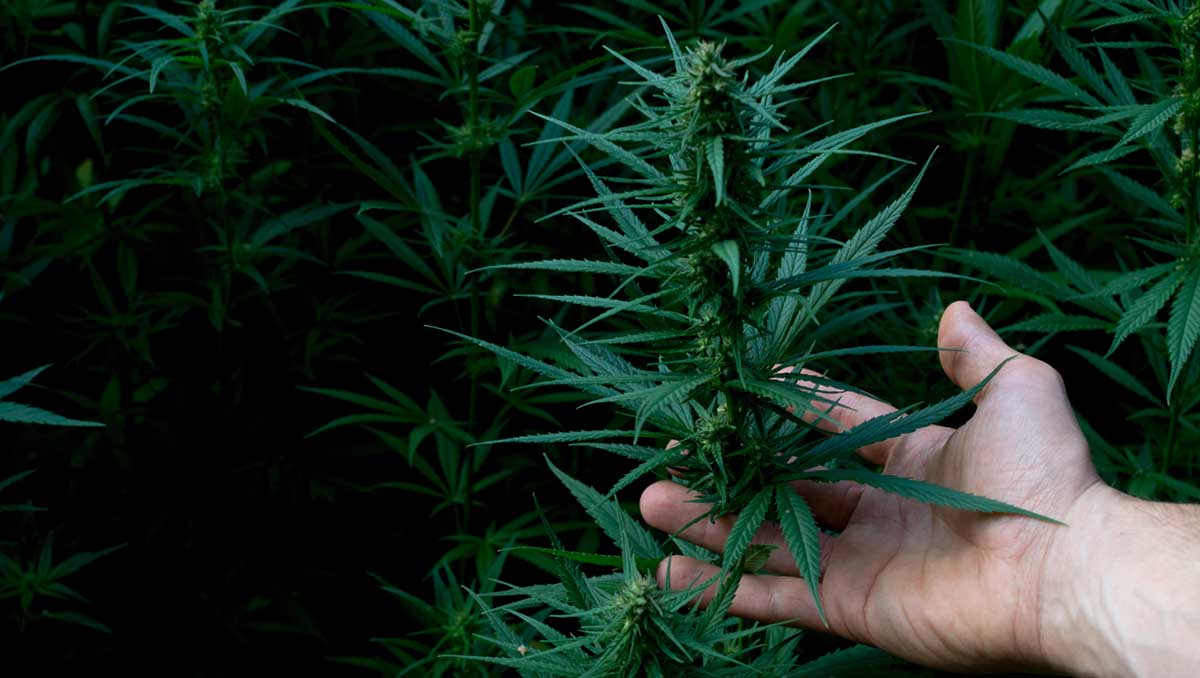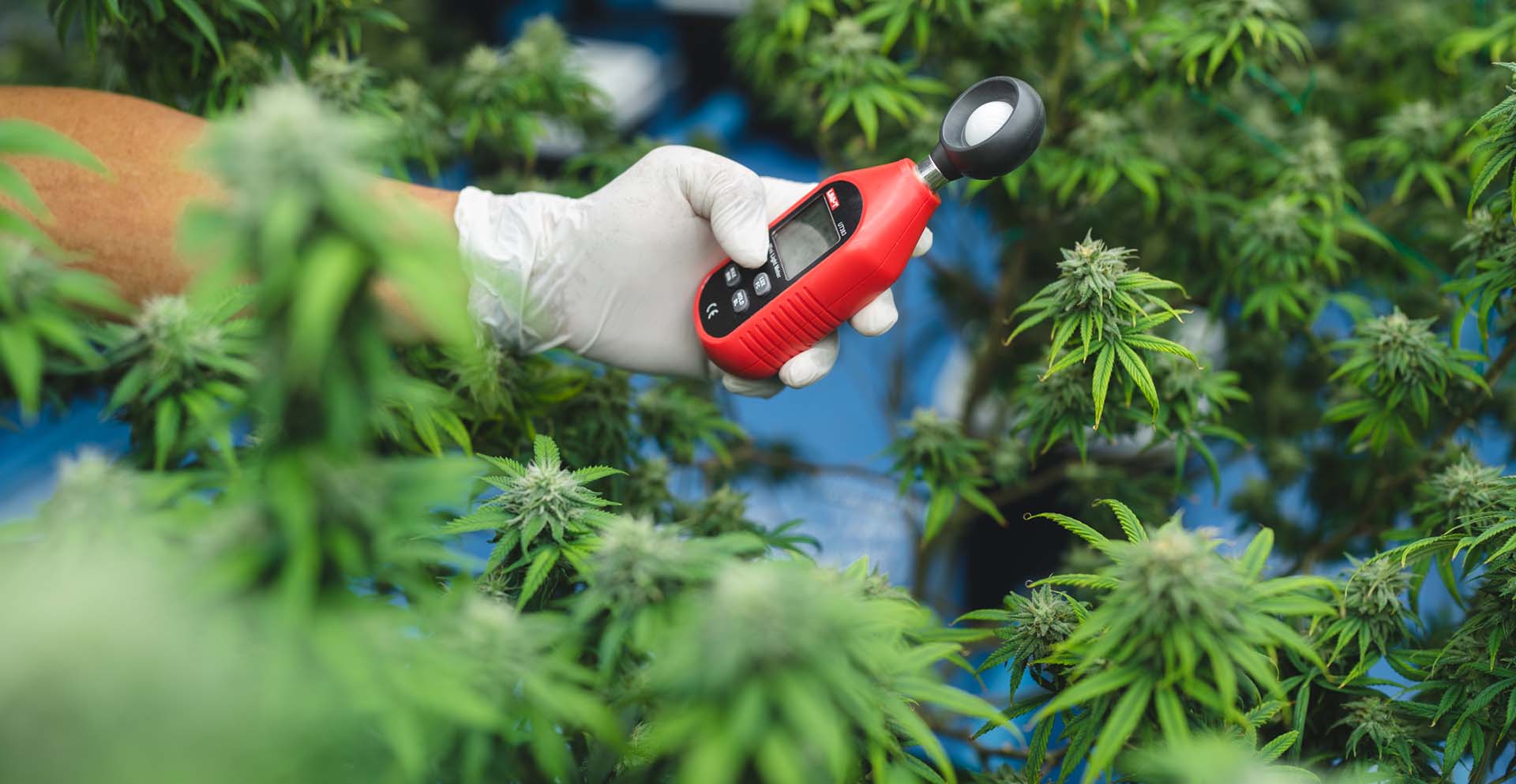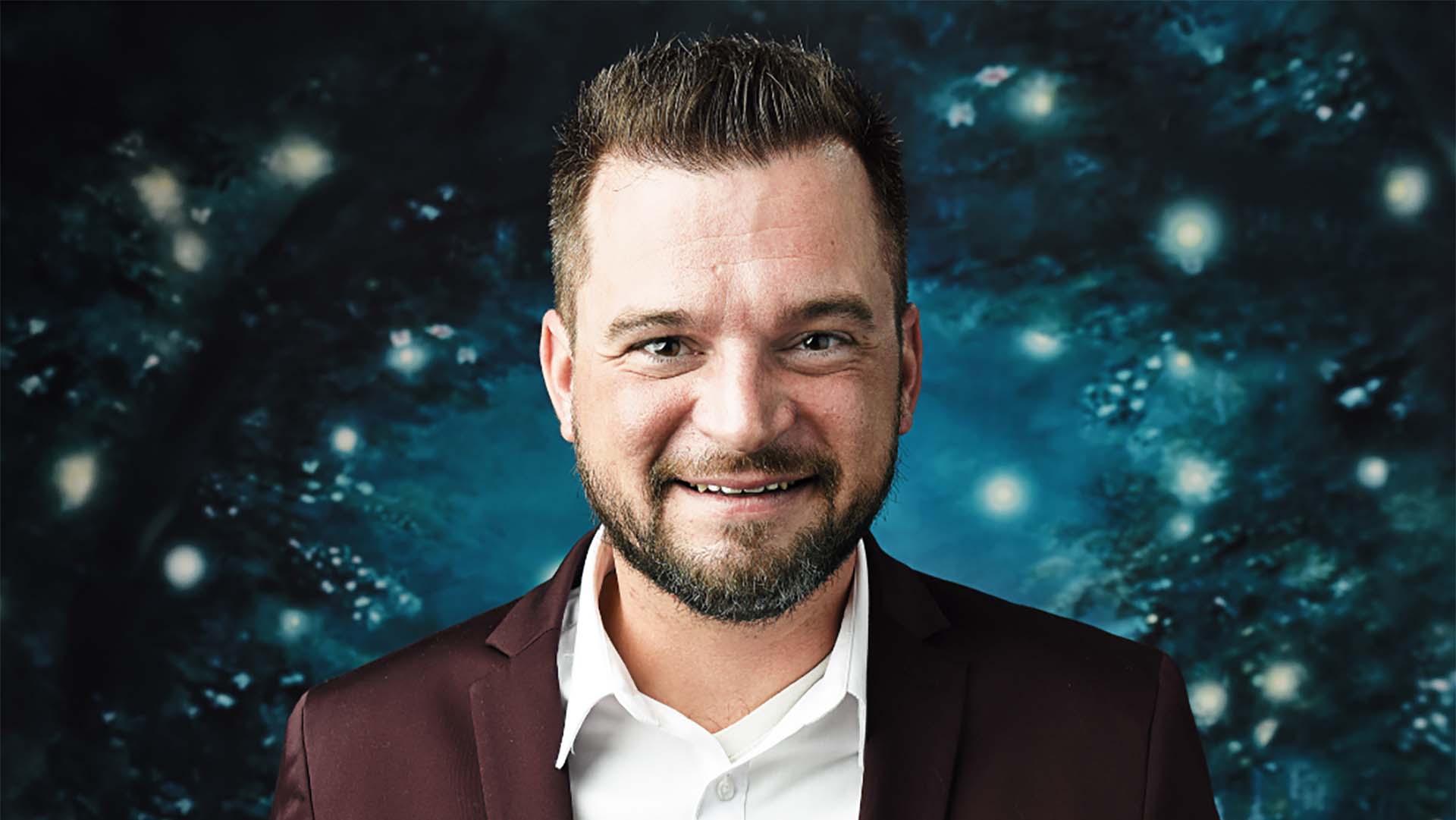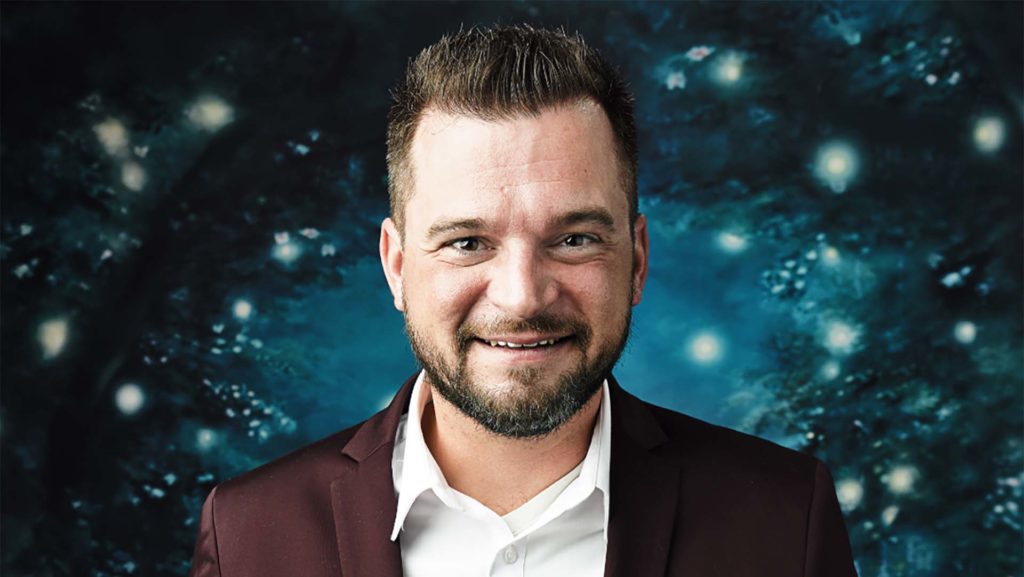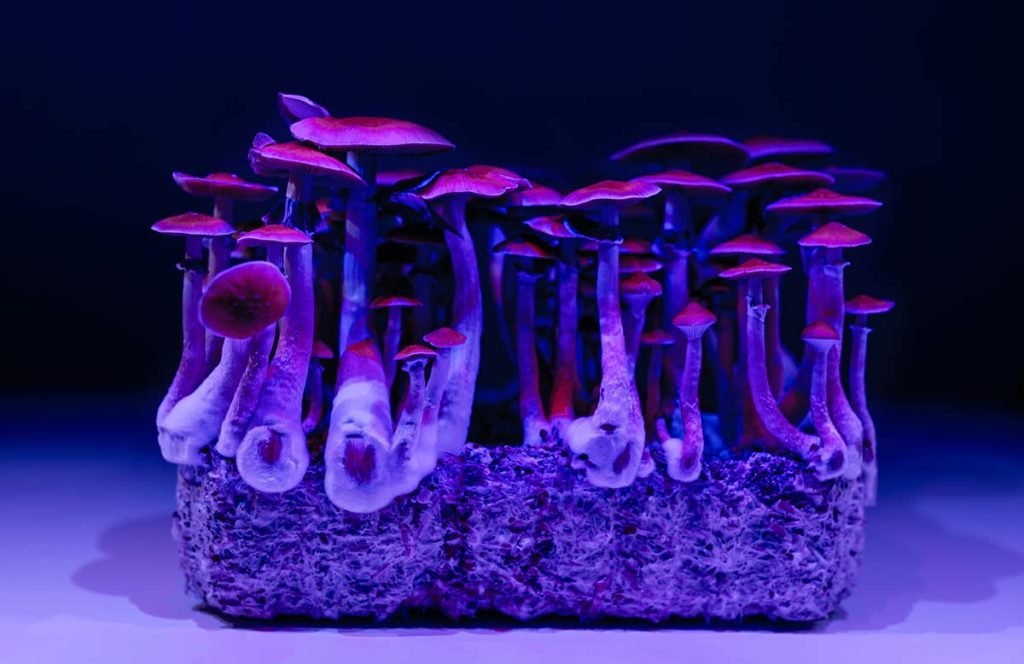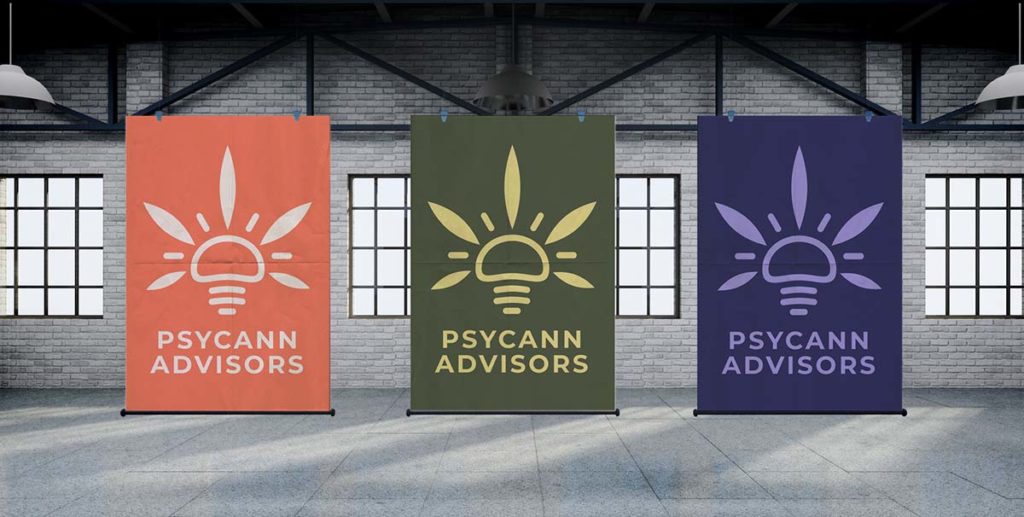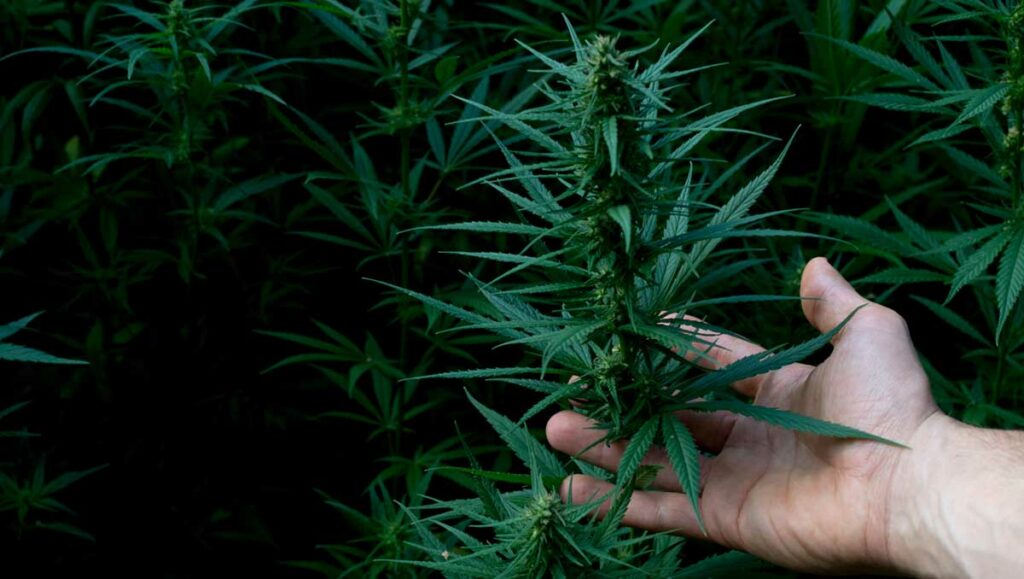What is a Psychedelic Business Incubator?
Table of Contents
The field of psychedelic therapies and research has been rapidly growing in recent years, fueled by promising scientific studies and a renewed interest in alternative mental health treatments. Alongside this growth, the concept of psychedelic business incubators has emerged as a supportive ecosystem for entrepreneurs looking to enter this evolving market. In this article, we will explore what psychedelic business incubators are, their role in managing growth and nurturing startups, and the opportunities they offer to aspiring entrepreneurs.
Introduction
In the realm of startups and entrepreneurship, incubators play a crucial role in providing guidance, mentorship, and resources to help early-stage companies thrive. Psychedelic business incubators apply this model specifically to the emerging field of psychedelic therapies and research. These incubators aim to create an environment where innovative ideas can flourish, while also navigating the unique challenges and regulatory complexities of the psychedelic industry.
Understanding Psychedelic Business Incubators
Definition and Purpose
Psychedelic business incubators are organizations that support and foster the growth of startups and entrepreneurs operating within the psychedelic industry. They provide a range of resources, including mentorship, education, networking opportunities, funding access, and regulatory guidance. The overarching goal is to accelerate the development of psychedelic therapies, products, and services that have the potential to improve mental health and well-being.
Key Features and Benefits
One of the main features of psychedelic business incubators is their focus on nurturing companies that operate in the psychedelic space. These incubators typically have founders who have a deep understanding of the unique challenges and opportunities within the field and can provide tailored support to entrepreneurs working on psychedelic-focused projects.
By joining a psychedelic business incubator, startups gain access to a wealth of benefits. These may include expert mentorship from industry veterans, assistance in developing business strategies, connections to potential investors, and collaboration opportunities with other like-minded entrepreneurs.
Incubators also often provide workspace, access to specialized equipment, and research facilities, which can be particularly valuable for startups in the psychedelic sector.
Support and Resources Provided
Psychedelic business incubators offer a wide range of support and resources to their members. This support can include regulatory guidance to navigate the legal landscape, help with fundraising and investor introductions, assistance with research protocols, and access to networks of professionals and organizations within the psychedelic industry.
The resources provided may vary between incubators, but they can encompass both financial and non-financial support. Financial support may come in the form of seed funding, grants, or connections to venture capitalists and angel investors interested in psychedelic startups. Non-financial support can include mentorship, educational programs, legal and compliance assistance, and access to clinical and scientific experts who can provide guidance on research and development.
The Rise of Psychedelic Therapies and Research
The resurgence of interest in psychedelic therapies and research has created a unique market opportunity for entrepreneurs. Recent studies have shown promising results in the treatment of mental health conditions such as treatment resistant depression, anxiety, PTSD, and addiction using psychedelic substances like psilocybin, MDMA, and ketamine.
While psychedelic therapies still face legal and regulatory challenges in many jurisdictions, there is a growing recognition of their potential benefits. This has led to a wave of decriminalization efforts, regulatory reforms, and increased investment in psychedelic research mainly focused on psilocybin aka magic mushrooms. As the field continues to evolve, entrepreneurial ventures in the psychedelic space are poised to make a significant impact on mental health treatment.

The Role of Psychedelic Business Incubators
Psychedelic business incubators play a vital role in supporting and nurturing startups in the psychedelic industry. Their mission is to guide entrepreneurs through the unique challenges they may face, providing the necessary resources and expertise to help them succeed.
Nurturing Psychedelic Startups
Incubators offer a nurturing environment and community where entrepreneurs can develop their ideas and turn them into viable businesses. By providing mentorship and guidance, they help startups refine their strategies, identify market opportunities, and navigate the complex legal and regulatory landscape. This support is crucial in an industry that is still evolving and adapting to changing attitudes and regulations.
Providing Mentorship and Guidance
Experienced mentors and advisors within the psychedelic ecosystem and business incubators bring valuable industry knowledge and expertise to the table. They can provide guidance on business development, regulatory compliance, intellectual property protection, and clinical research protocols. This mentorship helps entrepreneurs avoid common pitfalls and accelerate their growth in a rapidly changing industry.
Access to Funding and Investors
Securing funding is often a significant challenge for startups, especially in highly regulated industries like psychedelics. Psychedelic business incubators can help bridge this gap by connecting entrepreneurs with potential investors who are interested in supporting ventures in the psychedelic space. By facilitating introductions and providing pitching opportunities, incubators increase the likelihood of securing the necessary funding to fuel growth and development.
Creating a Successful Psychedelic Business Incubator
Establishing a successful psychedelic business incubator requires careful planning and consideration. The following key factors contribute to creating an effective incubator program in the psychedelic industry:
Establishing a Strong Network
Building a robust network within the psychedelic industry is essential for the success of an incubator. This network can include experts, researchers, clinicians, investors, and other stakeholders who can contribute to the growth and development of startups. By establishing strong relationships with key players in the field, an incubator can provide valuable connections and resources to its members.
Developing a Comprehensive Program
A well-rounded program is crucial to meet the specific needs of psychedelic startups. This program should include a range of services such as mentorship, educational workshops, access to specialized facilities and equipment, legal and regulatory guidance, and networking events. By offering a comprehensive program, incubators can address the diverse challenges faced by entrepreneurs in the psychedelic industry.
Fostering Collaboration and Innovation
Encouraging collaboration among startups and fostering a culture of innovation is essential in a psychedelic business incubator. By creating an environment where entrepreneurs can share ideas, collaborate on projects, and learn from one another, incubators facilitate the development of groundbreaking solutions. This collaborative approach not only strengthens the individual startups but also advances the entire psychedelic industry.
Examples of Prominent Psychedelic Business Incubators
Several psychedelic business incubators have emerged to support entrepreneurs in the field. Here are a few examples:
MAPS Public Benefit Corporation (MAPS PBC)
MAPS PBC is a non-profit organization focused on developing medical, legal, and cultural contexts for people to benefit from psychedelic therapies. They support psychedelic research and development through their incubator program, providing entrepreneurs with guidance, tools, mentorship, and access to funding.
Cybin Inc.
Cybin is a biotechnology company that focuses on developing psychedelic-based therapeutics for mental health disorders. In addition to their research and development efforts, Cybin also operates an incubator and accelerator program that supports startups working on psychedelic-related projects.
MindMed Inc.
MindMed is a leading psychedelic medicine biotech company. They have launched an incubator program called “Albert” to support early-stage psychedelic medicine and digital health startups. The program aims to provide resources and mentorship to entrepreneurs driving innovation in the field.
Challenges and Opportunities in the Psychedelic Industry
The psychedelic industry presents both unique challenges for participants and significant opportunities for entrepreneurs and investors alike.
Overcoming Stigma and Misconceptions
Psychedelic therapies have historically been associated with stigma and misconceptions. Overcoming these barriers is crucial to gaining public acceptance and regulatory approval. Entrepreneurs in the the psychedelic treatment space must actively work to educate the public, healthcare professionals, and policymakers about the potential benefits of psychedelic therapies and the rigorous scientific research supporting their efficacy and safety.
Market Potential and Growth Prospects
The market potential for psychedelic therapies and products is vast. As mental health issues continue to rise globally, there is a growing demand for innovative and effective treatments. Entrepreneurs who can navigate the regulatory landscape, demonstrate safety and efficacy, and build scalable business models have the opportunity to make a significant impact while capitalizing on a rapidly expanding market.
Conclusion
Psychedelic business incubators provide crucial support and resources to entrepreneurs looking to enter the emerging field of psychedelic therapies and research. By nurturing startups, providing mentorship, access to funding, and specialized guidance, these incubators play a vital role in accelerating the development of more psychedelic treatments and solutions for mental health. As the industry continues to evolve, psychedelic business incubators will be instrumental in driving innovation, fostering collaboration, and shaping the future of psychedelic therapies.
Frequently Asked Questions (FAQs)
What types of companies can benefit from a psychedelic business incubator?
Psychedelic business incubators cater to a wide range of companies, including those involved in psychedelic therapy, drug development, mental health technology, research, education, and advocacy. Startups focusing on innovative approaches to mental health treatment and psychedelic-assisted therapies can particularly benefit from such incubators.
How can entrepreneurs access a psychedelic business incubator?
Entrepreneurs can access psychedelic business incubators by researching and identifying relevant programs in their region or globally. They can then apply through the incubator’s application process, which usually involves submitting a business plan, outlining their objectives, and demonstrating the potential of their venture.
Are there any specific qualifications or criteria for joining a psychedelic business incubator?
Each incubator may have its own specific criteria for accepting startups into their program. Generally, they look for innovative ideas, a strong team, a clear business plan, and potential for growth in the psychedelic industry. It’s essential for entrepreneurs to thoroughly research and understand the requirements of the incubator they are applying to.
What are the potential risks associated with investing in psychedelic startups?
Investing in psychedelic startups involves inherent risks, including regulatory uncertainties, clinical trial outcomes, intellectual property protection, and market competition. As with any investment, thorough due diligence and understanding of the risks involved are crucial. Investors should seek professional advice and evaluate the potential rewards against the risks before making investment decisions.
How can the psychedelic business industry contribute to mental health research?
The psychedelic business industry has the potential to significantly contribute to mental health research by supporting the development of innovative therapies and treatments. By investing in research and clinical trials, exploring new therapeutic approaches, and fostering collaborations with scientific and medical communities, the industry can help advance our understanding of mental health and provide new solutions for those in need.
What is the difference between a psychedelic business accelerator and an incubator?
While both business accelerators and incubators support the growth of startups, there are some key differences between the two.
Incubators primarily focus on nurturing early-stage companies and providing them with resources, mentorship, and a supportive environment to develop their ideas and business models.
Accelerators, on the other hand, typically work with startups that are further along in their development and aim to accelerate their growth through intensive programs, mentorship, and access to networks and investors. Accelerators often have a more structured curriculum and a shorter time frame compared to incubators.





